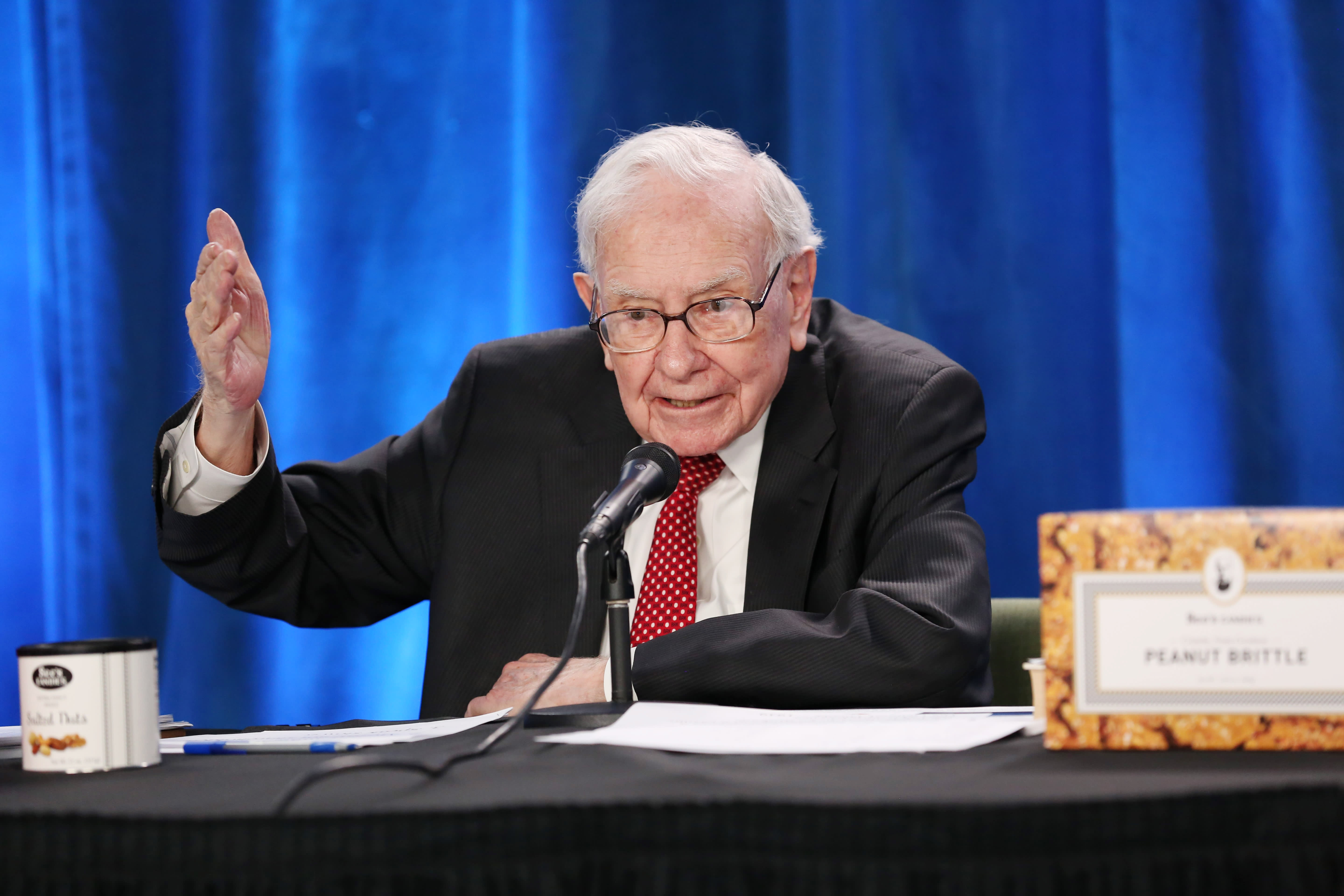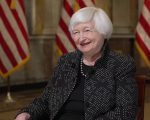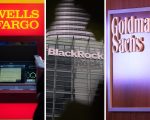
After a yearlong lull, the market for initial public offerings is warming up thanks to highly anticipated deals from Arm Holdings plc and Instacart that will soon test the waters. Before investors jump in, however, consider that none other than Warren Buffett has argued that such newly public stocks might not be worth investing in. The chief executive officer of Berkshire Hathaway , with his legendary keen eye for value, thinks that bargains are rarely found in the IPO market. Why? Because it’s almost always a seller’s market. The issuer gets to pick a favorable time to be listed, at the same time as the deal, with special commissions attached, is often pushed to score the highest valuation possible. “The idea, that somebody is bringing something to market today, a seller who has a choice of when to come to market, and that security, where there’s going to be a lot of hoopla connected with it, is going to be the single cheapest thing to buy out of thousands and thousands and thousands of businesses in the world, is nonsense,” Buffett said at a Berkshire Hathaway shareholder meeting in 2012 . Charlie Munger, Buffett’s longtime business partner, once put it even more plainly: “The average person buying IPOs is going to get creamed.” ‘Ridiculous’ commission Both Buffett and Munger have called the underwriting fees that investment banks charge for IPOs “ridiculous,” saying they inflate IPO prices. The average cost to companies ranges from 4% to 7% of gross IPO proceeds , and the smaller the company, the higher the fee, according to a PwC analysis of public filings of 1,175 companies. “You know it can’t be the most attractive thing, but people get excited about what’s coming,” Buffett said. The “Oracle of Omaha” has a long history of deriding investment bankers on Wall Street, calling them pricey “money shufflers” for encouraging deals to reap fees, rather than improve companies. Buffett typically shuns investment bankers for his own deals. Berkshire’s $11.6 billion acquisition of Alleghany last year, for example, reportedly mandated that the seller pay Goldman Sachs’ advisory fee. Better in auction market The investment icon likens the stock market to an auction market where extraordinary bargains pop up now and again. By contrast, the IPO market resembles a negotiated deal where cheap securities are hard to come by. To illustrate how IPOs can be less appealing, Buffett made an analogy in Berkshire’s 2004 annual meeting. Take the houses in Omaha for example, he said. Someone sold their house for $80,000 and their next-door neighbor is not going to sell their similar house for $50,000. “It just doesn’t happen. It’s too important an asset, and they’re cognizant of what it brings — what is being brought for similar properties. That’s what happens in negotiated sales,” Buffett said then. On the other hand, if there were a whole bunch of entities that owned 1% of each house in Omaha, and there was free, auction market on those one percentage point stakes, they might sell “at damn near anything,” Buffett said. And occasionally, they sell at crazy prices, high or low, he added. “In my view — you’re way more likely to get incredible bargains in an auction market. It’s just the nature of things,” Buffett said. Buffett’s preference Buffett, who studied under Benjamin Graham , the fabled father of value investing, at Columbia University after World War II, has a longtime preference for seasoned companies, while staying away from startups or companies in industries he doesn’t fully understand. Berkshire owns a vast array of well-established businesses, ranging from its crown jewel GEICO insurance to BNSF Railway to almost 6% of Apple. He has also shown a fondness for family-controlled companies, such as Clayton Homes, where he trusts management and sees they’re co-owners of the business. Buffett has said he prefers to invest in companies whose earnings power and competitive position in a given industry will stand the test of time. “It just doesn’t make any sense to spend five seconds thinking about new issues, so we don’t think about them,” Buffett said.








